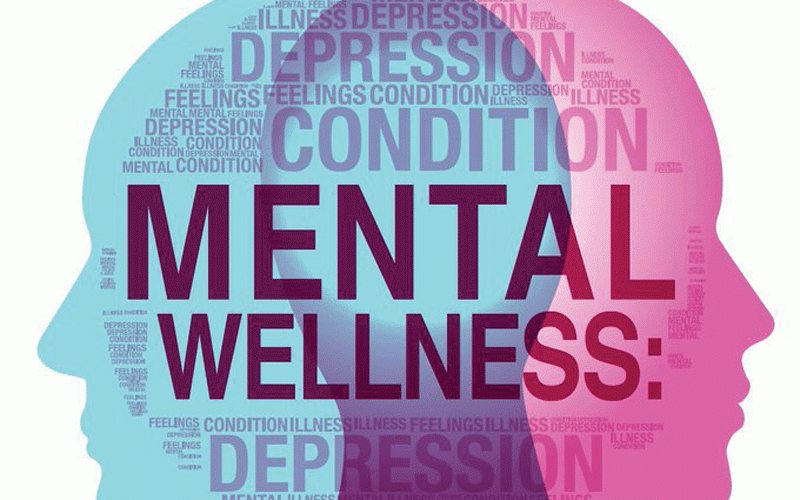
As discussed in previous articles, mental health is defined as a state of well-being in which an individual realises his or her own potential, can cope with the normal stresses of life, can work productively and fruitfully, and is able to make a meaningful contribution to their community.
What we believe and how we make sense of the world shapes our worldview and mindset which can have a significant effect on our mental health and wellbeing.
What is mindset?
Our mindset is a set of firmly held thoughts, feelings, beliefs and attitudes that help us shape how we see ourselves and others and how we make sense of the world and interpret our experiences. We develop our mindset from:
- Our life experiences: if we have experienced much pain, disappointment or rejection, this will negatively affect our attitude and mindset.
- What we observe from our role models: our early life experiences and what we learn from observing our parents and other role models can also shape our mindset.
- Social norms and expectations: our cultural and societal norms can also shape our attitudes and mindsets.
The psychologist Carol Dweck has defined two major groups of mindsets, growth or fixed mindsets.
A fixed mindset is characterised by:
- An attitude that one’s skills and abilities are fixed or set and cannot be changed or altered
- Avoidance of any challenges or new opportunities because of fear of failure
- Easily giving up when faced with obstacles
- Reacting negatively when criticised or given unfavourable feedback
- Feeling threatened by the successes of others
A growth mindset is characterised by:
- A belief that one’s skills and abilities can be developed and improved and that life is a journey of life long learning
- Resilience in the face of obstacles
- The ability to learn from mistakes and failures
- Being able to be inspired and encouraged by the successes of others
Do you have a fixed mindset or a growth mindset?
- Mental health must be a priority at our workplaces
- ‘Art therapy critical in combating mental disorders’
- Be ethical, Potraz tells content creators
- How HR can effectively handle employee depression
Keep Reading
- Do you believe you can learn to do new and different things, develop and advance yourself if given a chance or do you believe that you are either good at something or not and that this cannot be changed?
- Do you believe you are a work in progress with the ability to continuously improve yourself or do you think that you are who you are and that cannot be changed?
- Do you believe that failure is a part of learning and growing or do you avoid trying new experiences or tackling challenges because of fear of failure?
What is the impact of our mindset on our mental health and wellbeing?
Having a growth mindset will help us:
- Have a positive self-image, positive self-talk and a healthy self esteem
- Be internally motivated
- Be more resilient in the face of challenges
- Be less stressed and anxious
A fixed mindset will unfortunately:
- Cause us to be easily discouraged when we fail or make mistakes
- Cause us to have a negative view and outlook of life
- Cause us to be stressed and anxious in the face of life challnges
What can I do to develop a growth mindset?
- Be mindful of your self-talk
- Maintain a positive perspective, look at obstacles as challenges and failures as learning opportunities
- Acknowledge that we are all imperfect, that we make mistakes and that we may fail and we can learn from those mistakes
- Be open to constructive criticism and feedback
If you think that you or someone that you know maybe struggling with mental health challenge, please contact your nearest health care provider and get help.
- Dr Chido Rwafa-Madzvamutse is a consultant psychiatrist. Feedback on WhatsApp: +263714987729)










